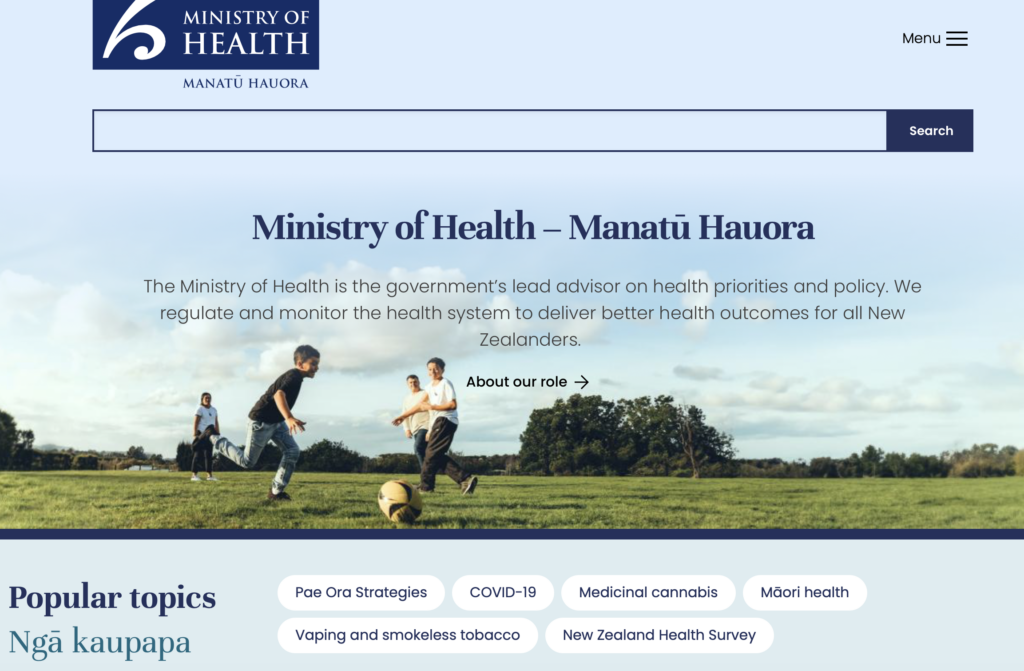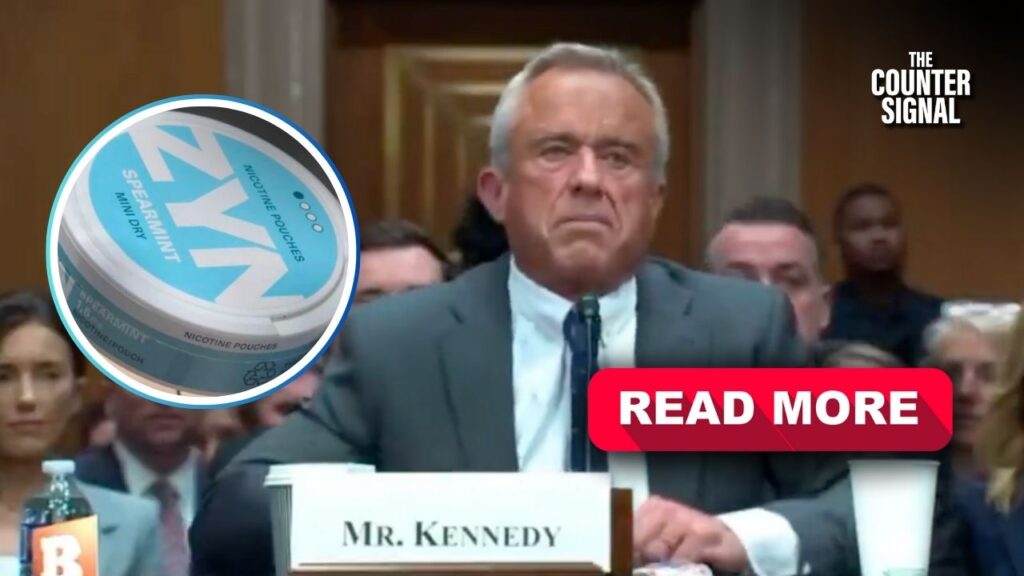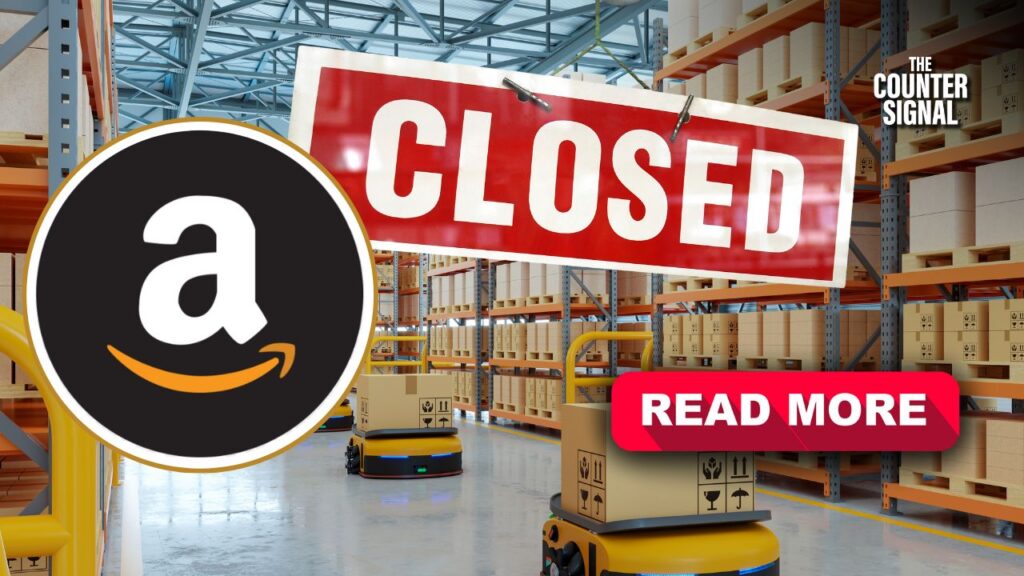The Liberal Government’s crackdown on smokeless tobacco-alternative products like nicotine pouches is an emotional choice, and one that’s likely to have a negative impact on many Canadians’ health.

Most of us saw Health Minister Mark Holland lose his mind back in March when he announced pending action against big tobacco. His outburst was peculiar to say the least.
Just a few months prior, in July 2023, Health Canada approved Zonnic as a smoking cessation aid under the country’s natural health product regulations.
Then, in September 2024, they reversed course, banning them from convenience stores, and restricting the products strictly to pharmacies. (Much more harmful products like cigarettes and booze remain in convenience stores, though.)
Holland is out to lunch
Minister Holland insists that his decision to remove tobacco-less nicotine pouches from convenience stores is to protect youth from taking up the habit.
He’s admitted that he doesn’t have any actual data on the health impact of the products, but says they are “disastrous to your health.”
WATCH: Tobacco harm reduction is the single best way that Trudeau could easily improve public health outcomes. There is no reason why it should be easier for people to access carcinogenic cigarettes than Zyn and heated tobacco products, which are regulated into the abyss. pic.twitter.com/2bGPolr9Rq
— Keean Bexte (@TheRealKeean) October 10, 2024
It’s possible his emotional outburst stems from the fact that Zonnic, owned by Imperial Tobacco Canada, marketed their product somewhat as a consumer product, including pictures of young adults having fun. This, after getting approved as a smoking cessation aid, and without age or advertising restrictions, likely made the health minister feel as if he’d been duped.
Yet, instead of working to correct the lack of restrictions, and make things right, Holland simply banished the product from convenience stores altogether.
In a fit of rage, and perhaps embarrassment, Holland has thrown out the baby with the bathwater.
I've been off alcohol and cannabis for months now.
— T.J. Kennedy (@tjkennedyphoto) June 22, 2024
I have, however, been really been enjoying and benefiting from straight up nicotine.
I've been using Zonnic the whole time, but last night someone gifted me a canister of Zyn and I tell ya, it hits different. pic.twitter.com/1cg36LW2nE
Why not promote less harmful alternatives?
Tommaso Di Giovanni, Philip Morris International’s VP of International Communications and Engagement, told The Counter Signal that private interest groups could be influencing the matter.
“Not allowing or severely restricting the better alternative does not seem logical to us,” he said.
Instead, the feds should be finding the right way to inform Canadians about the products, Di Giovanni says, even actively promoting them in some situations.
“The New Zealand government has a very progressive policy, they want to get rid of cigarettes by 2030 and they do that by ensuring that people receive a consistent message, that basically says, don’t smoke, and if you smoke, quit, but if you don’t, today you have alternatives in the form of e-cigarettes, heated tobacco, or pouches,” he said.

Helping all Canadians
At the end of the day, while the science on tobacco-less nicotine products may still be in its infancy stage, they are vastly less harmful to one’s health than a cigarette. This is not in dispute because they simply contain less harmful substances. It’s just nicotine, rather than tobacco and nicotine, and it’s not inhaled through the lungs.
“It is like comparing getting punched in the nose versus getting shot by a bullet,” said lawyer Douglas Elliot of the advocacy group Rights4Vapers, while speaking to reporters in Ottawa this summer.
“Most of the adult vapours I have met are convinced that this is the best way to get off of smoking tobacco,” he said.
Now, it’s just a matter of when the Liberals, if not the Conservatives after they presumably win the next election, will realize they can have it both ways. They can implement measures to protect children while also offering adults less harmful alternatives in convenience stores.











